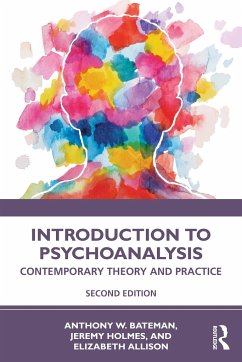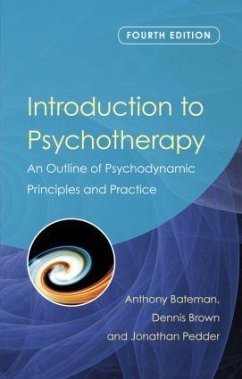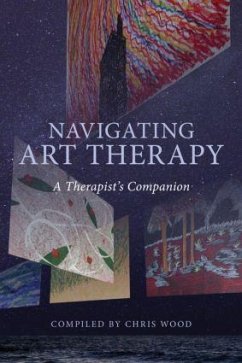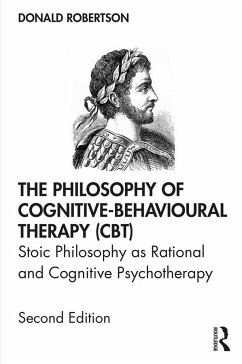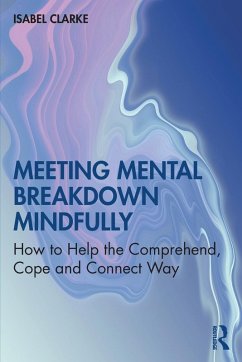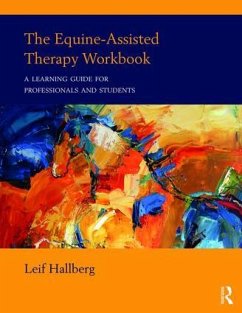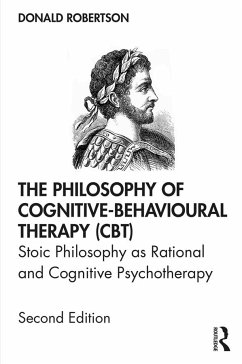
A Beginner's Guide to Cognitive Analytic Therapy
Practitioner and Service User Perspectives
Versandkostenfrei!
Versandfertig in 6-10 Tagen
31,99 €
inkl. MwSt.
Weitere Ausgaben:

PAYBACK Punkte
16 °P sammeln!
This text provides an accessible, reader-friendly guide to conducting Cognitive Analytic Therapy (CAT) on a one-to-one basis, developed in partnership with service users who have lived experience of CAT.The book will cover the applications of CAT in clinical practice including: assessment; introducing CAT; the main concepts and how to build a therapeutic relationship; mapping; the middle phase and the integration of other models; monitoring; developing exits; the ending and saying goodbye. Grounded in CAT theory, the content will be ordered sequentially, as one would conduct the therapy, and w...
This text provides an accessible, reader-friendly guide to conducting Cognitive Analytic Therapy (CAT) on a one-to-one basis, developed in partnership with service users who have lived experience of CAT.
The book will cover the applications of CAT in clinical practice including: assessment; introducing CAT; the main concepts and how to build a therapeutic relationship; mapping; the middle phase and the integration of other models; monitoring; developing exits; the ending and saying goodbye. Grounded in CAT theory, the content will be ordered sequentially, as one would conduct the therapy, and will feature first-hand accounts from CAT-experienced service users including their own perspectives on the model and the impact it had on their wellbeing.
A straightforward, beginner's introduction to practicing CAT, this book will be useful for trainee practitioners, assistant and trainee clinical/counselling psychologists, and those practising CAT-informed therapy in supervision.
The book will cover the applications of CAT in clinical practice including: assessment; introducing CAT; the main concepts and how to build a therapeutic relationship; mapping; the middle phase and the integration of other models; monitoring; developing exits; the ending and saying goodbye. Grounded in CAT theory, the content will be ordered sequentially, as one would conduct the therapy, and will feature first-hand accounts from CAT-experienced service users including their own perspectives on the model and the impact it had on their wellbeing.
A straightforward, beginner's introduction to practicing CAT, this book will be useful for trainee practitioners, assistant and trainee clinical/counselling psychologists, and those practising CAT-informed therapy in supervision.






